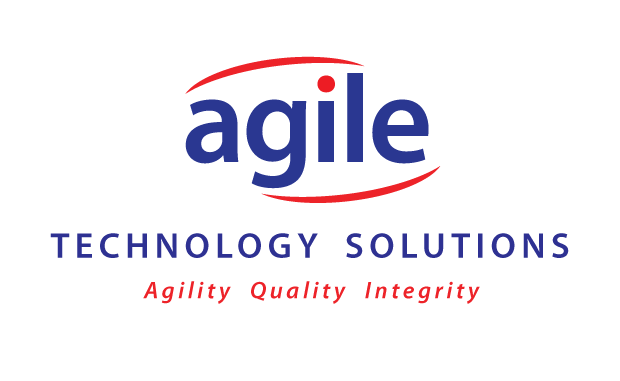Dbvist simplifies it's licensing models
Do you know you TOMA's from your OLSA's and LDR's
Oracle Database Standard Edition 2 (SE2) is now here...
After much speculation about both the release date and licence implications. News is gradually being released by Oracle about the future direction of the Standard Database and the impact of on it's licencing. As we noted in our July blog, Oracle caused quite a stir when hidden away in a support note about Standard Edition 12.1.0.2 Oracle Standard Edition 2 was revealed. It mentioned that it's long standing database products of Standard Edition (SE) and Standard Edition One (SE1) would be replaced by Standard Edition 2 (SE2).
The key gotcha was that SE2 would only be able to run on systems with up to 2 processor sockets. With the constant improvements in CPU processing power. Standard Edition which can be licenced on servers with up to 4 processors was looking positively generous by Oracle.
Agile TS has witnessed a steady migration of basic Enterprise Edition users to the significatley cheaper SE products both in terms of licence and ongoing support and maintenance costs. Now this approach isn't right for everyone, especially users of the advanced database options, However it has been made possible for a significant number of users with the arrival of complimentary solutions from the likes of Dbvisit with it's Standby solutions, an low cost alternative to Dataguard. As well as SolarWinds with it's Database Performance Analyzer (DPA) toolset to rival Oracle tuning and diagnostic packs for Standard Edition.
We can understand that Oracle felt that it's Standard Edition licence restrictions were rather generous, especially with it becoming a viable alternative to Enterprise Edition for some. Another popular choice was to use Standard Edition RAC which on older versions could support a cluster with up to 4 processor sockets.
Now SE2 has the following restrictions.
"Oracle Database Standard Edition 2 may only be licensed on servers that have a maximum capacity of 2 sockets. When used with Oracle Real Application Clusters, Oracle Database Standard Edition 2 may only be licensed on a maximum of 2 one-socket servers. In addition, notwithstanding any provision in Your Oracle license agreement to the contrary, each Oracle Database Standard Edition 2 database may use a maximum of 16 CPU threads at any time. When used with Oracle Real Application Clusters, each Oracle Database Standard Edition 2 database may use a maximum of 8 CPU threads per instance at any time. The minimums when licensing by Named User Plus (NUP) metric are 10 NUP licenses per server."
This is relatively punative compared to the current rules with the introduction of thread limits and a doubling of the licence minimum level to 10 Named Users from 5.
Whilst no one is going to be forced to change their licences in the short term. For those who will be installing 12.1.0.2 it is well worth understanding the implications of upgrading to SE2 and how to make the most of your existing Oracle Licences.
The Original SE & SE1 are still available to purchase for clients wishing to run previous versions of the Standard Database so no cause for panic. However, we wouldn't be surprised to find early adopters get the attention of Oracle's licence management teams - just to be sure of correct usage of course!
Whilst we have concentrated on the licence restrictions, another not so minor point is the SE2 is priced at the same point as SE or £11k per processor. SE1 currently cost £3.6k per processor. So from 12.1.02 the entry licence just gets a whole lot more expensive!
There are migration license migration paths available to SE2 - and whilst there may not be a cost implication for SE to SE2. As SE2 is from a license perspective effectively a new product the Oracle Master Agreement (Oracle OMA) will need to be accepted to tie in the new terms. This can very from the legacy Oracle Licence and Service Agreement (Oracle OLSA) which many users will be governed by.
To discuss the implications of SE2 and to plan your database licence strategy - please get in touch with Steve Bridle at AgileTS steve.bridle@agilets.com






Oracle 11g the end is nigh!